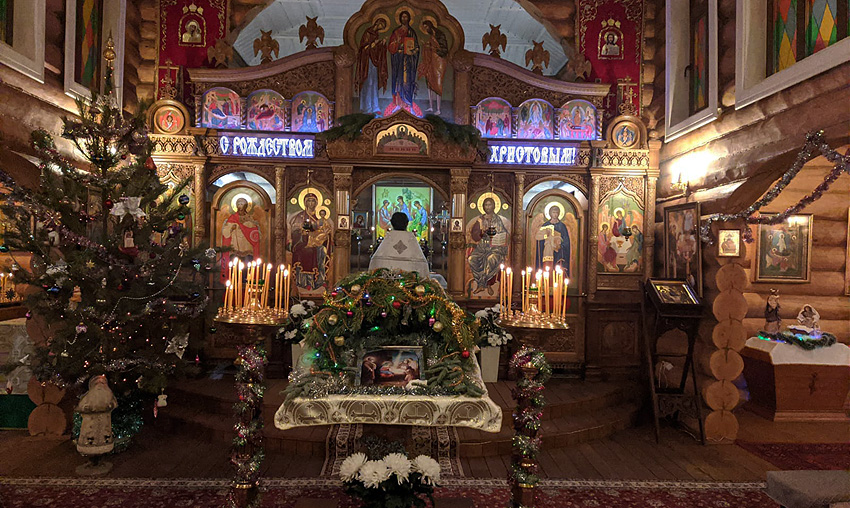 by St. John of Kronstadt –
by St. John of Kronstadt –
The Word became flesh; that is, the Son of God, co-eternal with God the Father and with the Holy Spirit, became human – having become incarnate of the Holy Spirit and the Virgin Mary. O, wondrous, awesome and salvific mystery!
The One Who had no beginning took on a beginning according to humanity; the One without flesh assumed flesh. God became man – without ceasing to be God. The Unapproachable One became approachable to all, in the aspect of an humble servant. Why, and for what reason, was there such condescension [shown] on the part of the Creator toward His transgressing creatures – toward humanity which, through an act of its own will had fallen away from God, its Creator? [Read more…]

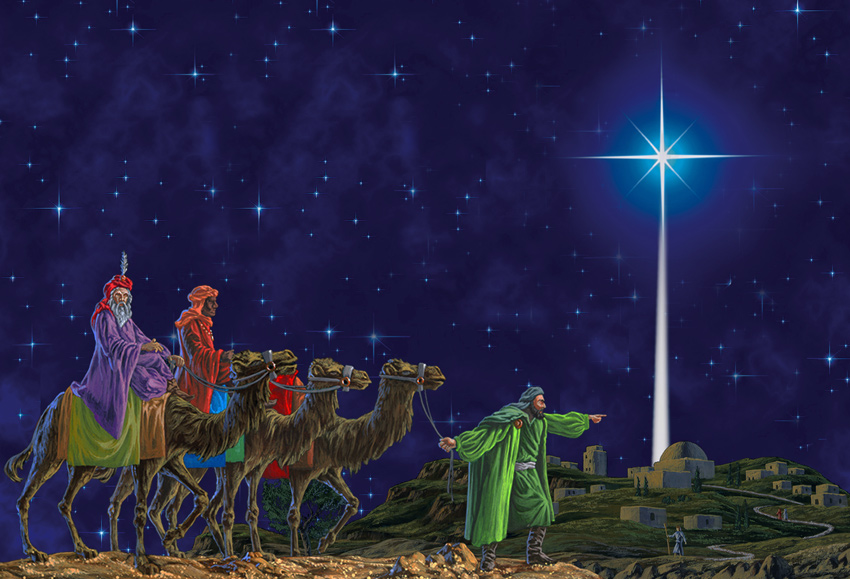 by Fr. Alexander Shargunov –
by Fr. Alexander Shargunov –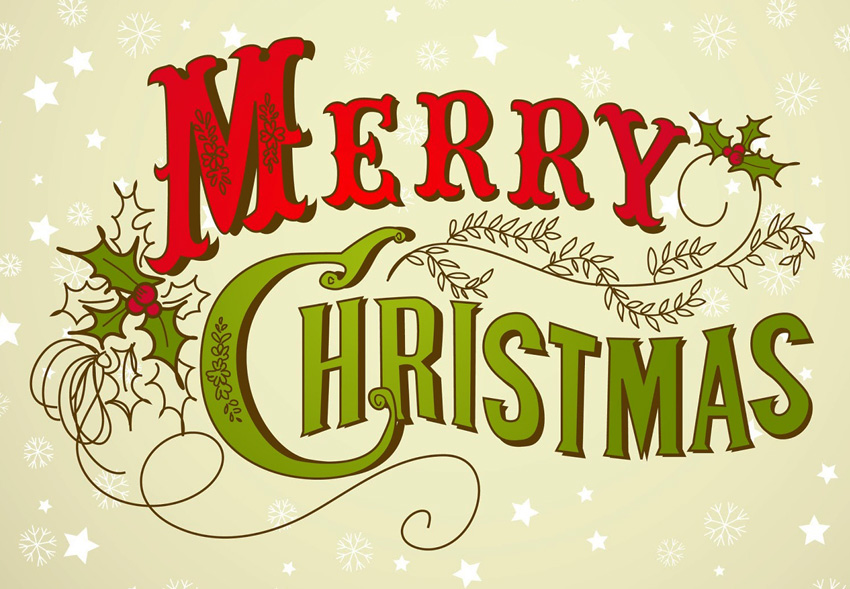 by Dennis Prager –
by Dennis Prager –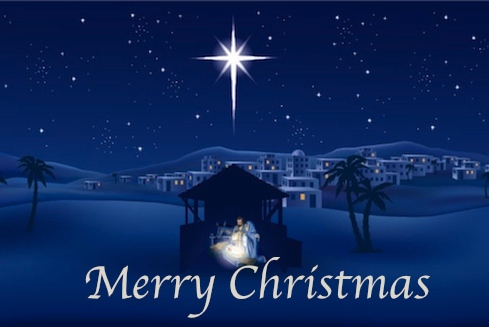 by William J. Tighe –
by William J. Tighe –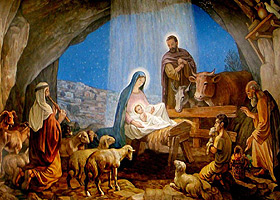 by John Jalsevac –
by John Jalsevac –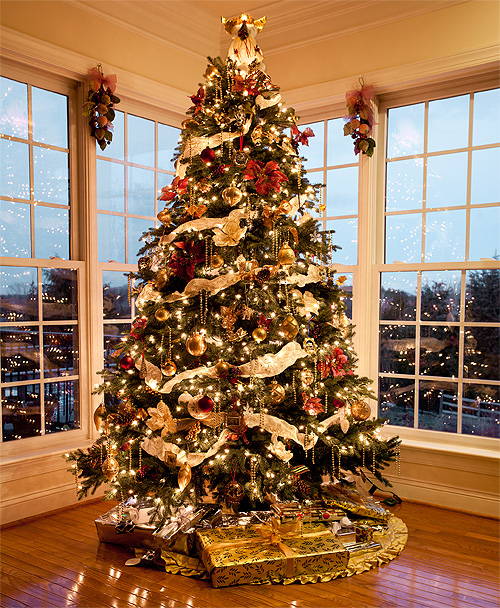 by Fr. Daniel Daly –
by Fr. Daniel Daly –